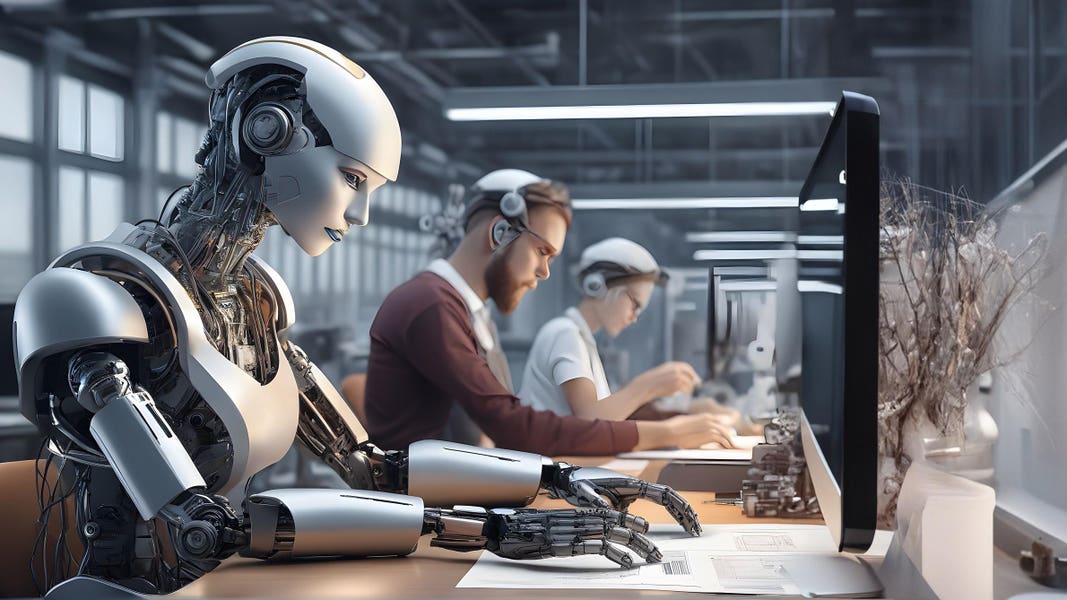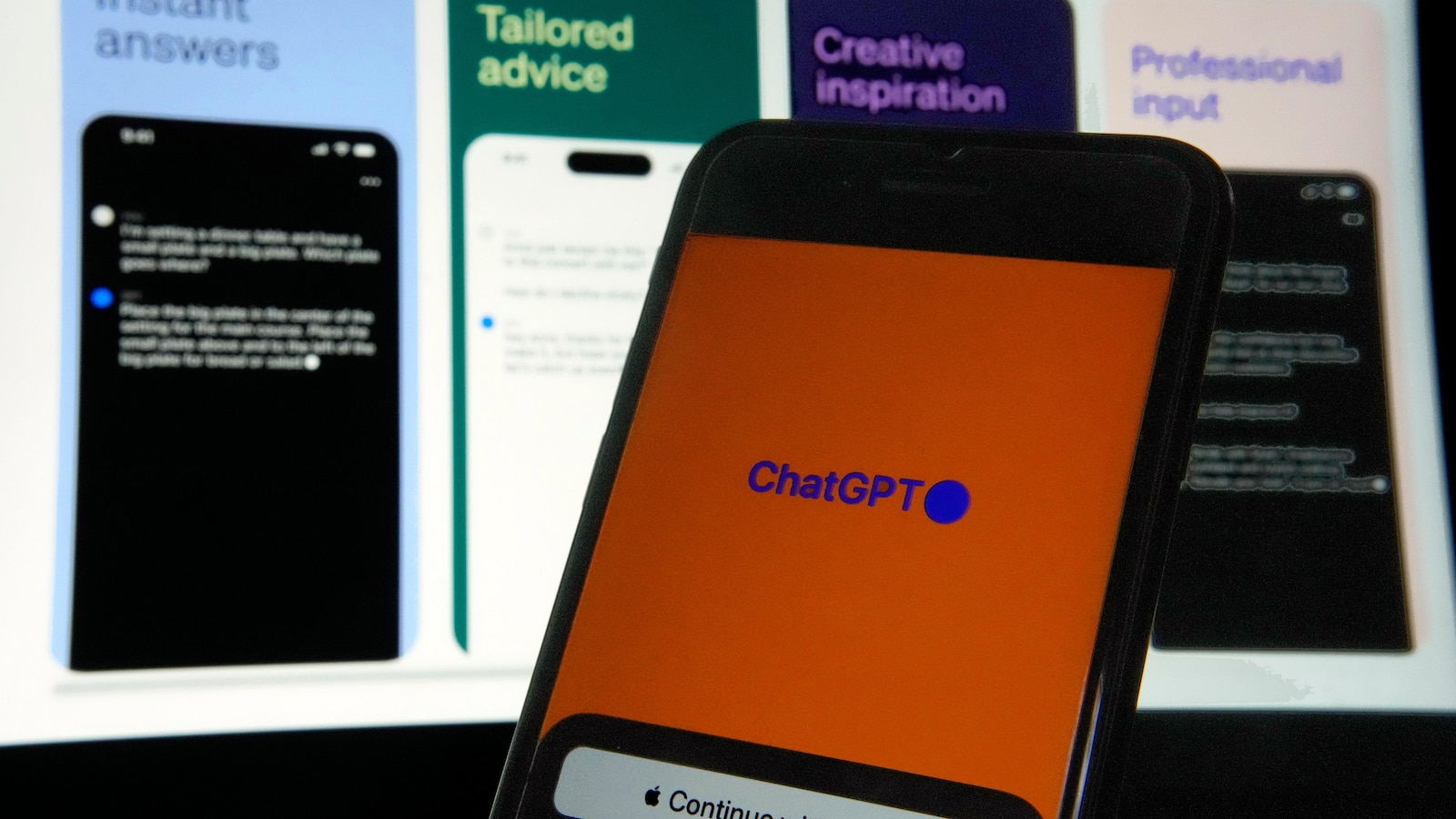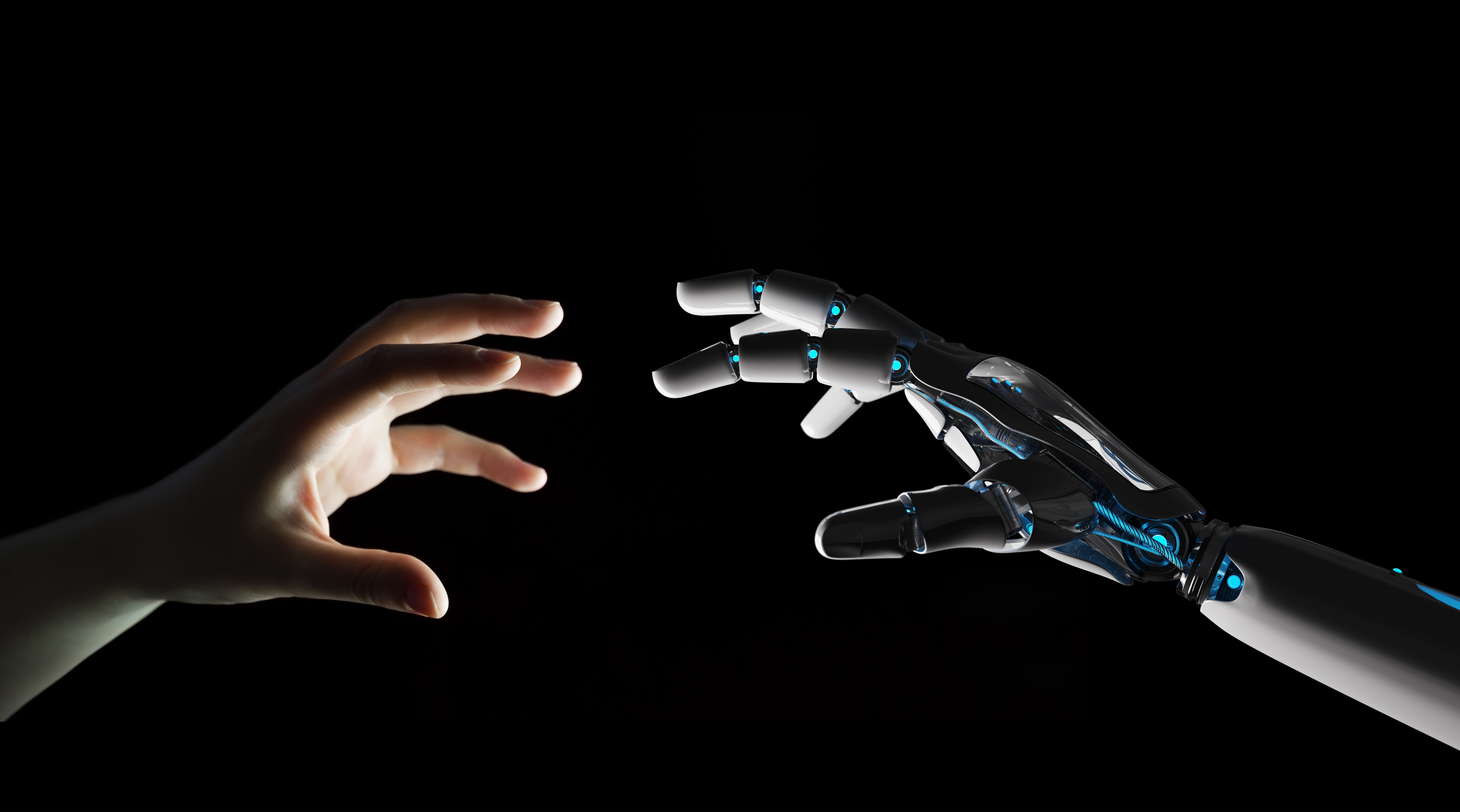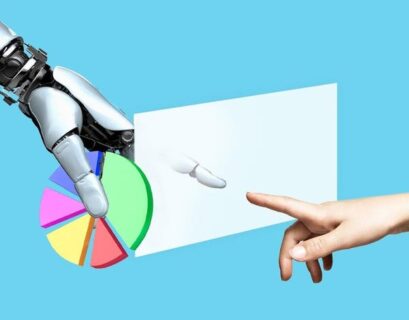The Future of Generative AI: An Insight into Tomorrow
Generative AI represents a revolutionary technology that is transforming human interactions and business practices. The future path of this remarkable system presents fascinating possibilities. Let’s explore some potential advancements.
Progression Towards Multi-Modal Generative AIs
The current generation of generative AI tools covers a wide range of capabilities in vision, speech, text understanding, and generation. Predictions indicate that upcoming versions will seamlessly integrate these modalities, allowing for tasks such as effortlessly combining text and images. For example, the latest iteration of Dall-E, a tool for converting text to images, excels at incorporating high-quality text into images, surpassing its competitors. Recent reports suggest that ChatGPT has broadened its capabilities to include visual and auditory processing in addition to reading skills.
An emerging trend suggests a move towards multi-modal AIs that replicate the diverse creative abilities of the human mind, opening doors for more advanced and adaptable AI systems.
The Emergence of “Interactive AI”
The concept of “interactive AI,” envisioned by Mustafa Suleyman, co-founder of DeepMind, introduces a new paradigm where AI assigns tasks to other software or individuals to efficiently achieve objectives.
Take the field of application development, for instance. With generative AI’s proficiency in code analysis, the process of creating a new recipe app focused on healthy eating could be streamlined. From coding and testing to involving nutritionists, food photographers, and beta testers, an AI could oversee the entire app development process. Simplifying daily tasks is another area where interactive AI excels, such as organizing a night out with ChatGPT handling hotel bookings, restaurant reservations, and city tours.
Fusion of Generative AI with Robotics
In the near future, incorporating generative AI into robots is set to transform task automation across various sectors. While cognitive and creative roles have already experienced enhancements through generative AI, collaborating with robots could extend these benefits to manual labor-intensive industries like cleaning, assembly lines, and more. This integration has the potential to redefine operations in factories, construction sites, financial institutions, and hospitality establishments.
Harnessing Generative AI for Social Good
Generative AI, recognized as a transformative technology, holds significant potential for societal impact beyond routine tasks. Apart from creating speeches or meal plans, this technology could tackle pressing global issues like climate change, social disparities, healthcare accessibility, and disease management. From contributing to medical breakthroughs to predicting disease outbreaks and optimizing agricultural practices for food security, generative AI emerges as a driver for positive change on a global scale.
The Importance of Regulation and Ethical Oversight
While generative AI offers vast opportunities, its misuse poses substantial risks, ranging from spreading misinformation to developing autonomous weapons. Regulatory frameworks and ethical guidelines are essential to steer generative AI towards beneficial applications and mitigate potential abuses. Initiatives like Meta’s requirement for political ads featuring AI-generated content to be clearly identified represent a move towards responsible AI deployment.
Enhancing Workforce Capabilities through AI
The integration of generative AI into workplaces is set to redefine job roles by enhancing human capabilities rather than completely replacing them. While routine tasks may be automated, human workers are expected to engage in more high-value activities like problem-solving and building relationships. Striking a balance between machine intelligence and human expertise will be crucial, requiring a nuanced understanding of tasks best suited for human intervention versus automation.
In conclusion, the future of generative AI holds great promise, reshaping industries, improving societal welfare, and transforming the nature of work through a collaborative partnership between humans and machines.










